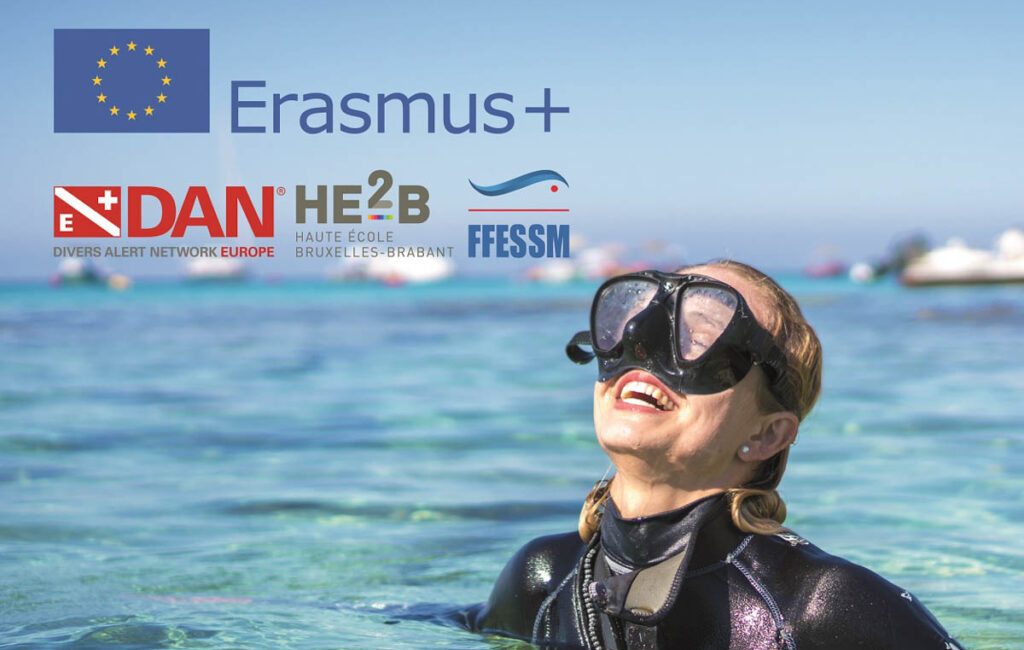In Europe, the number of young people (aged 18–29) experiencing mental health problems has doubled since the start of the COVID-19 pandemic. Today, almost two thirds of young people are at risk of depression, and psychological problems affect new generations more than adults. These figures highlight the need to explore innovative approaches to support psychological wellbeing, beyond traditional methods. It is in this context that the One Health Underwater project was conceived.
Scuba diving is more than just a sport: it combines concentration, conscious breathing, and a profound connection with nature. The quiet of the marine environment and focus on breathing promote states of calm similar to meditation. At the same time, scuba diving is a deeply social experience: divers learn to rely on each other, developing mutual trust and a sense of community. These elements help reduce stress, anxiety, and isolation, making diving a practice that brings together psychological wellbeing, physical activity, and social inclusion. The One Health Underwater survey aims to provide scientific evidence to confirm these benefits and support their use in public policy.
A multilingual online questionnaire, aimed at young people aged 18 to 29, has been launched to gather information on the therapeutic potential of diving. The study aims to understand and analyse how the scuba diving experience can reduce stress, anxiety, and isolation, providing concrete evidence to support its integration into public sports and health programmes, including the educational environment.
The project is coordinated by the French Federation for Underwater Studies and Sports (FFESSM), with support from DAN Europe (Malta) and Haute École Bruxelles-Brabant (HE2B).
According to Dr. Frédéric DI MEGLIO, President of FFESSM, “We are convinced that scuba diving benefits our physical health and, above all, our mental wellbeing, promoting mindfulness. It can become an integral part of sports and school policies in support of youth wellbeing. With this initiative, we want to provide strong scientific foundations for diving to be recognised as a structured activity within sports and health programmes.”
Professor Costantino Balestra, Vice-President of DAN Europe and Head of Scientific Research Programmes, adds: “Our role is to turn the experiences of divers into concrete data. By analysing the results of the questionnaire, we will be able to deliver scientific evidence of the relationship between diving and mental health, which is essential for integrating scuba diving into institutional wellbeing programmes. Recent data clearly show the modulation of certain neurotransmitters involved in the brain’s reward circuit during scuba diving. These neurotransmitters are strongly stimulated in young hyperconnected individuals.”
Lastly, Oriane Spoto, Research Coordinator at HE2B, emphasises: “Our objective is for the gathered evidence to pave the way for innovative programmes for young people, where sport, nature, and mental health are intimately connected. Scuba diving can become a stable resource within European educational and social policies.”
The questionnaire will remain active until March 2026 in several languages (English, French, German, Spanish, Italian, etc.). The data collected will be analysed and presented at a public conference in May 2026 during Mental Health Month. The results will also be published online on dedicated project webpages and in a multilingual publication.
To participate in the questionnaire and learn more about One Health Underwater, please visit: OneHealth Questionnaire ENG
THE SCUBA NEWS Link !
DemirHindiSG 17 Kasım 2025-16:09





